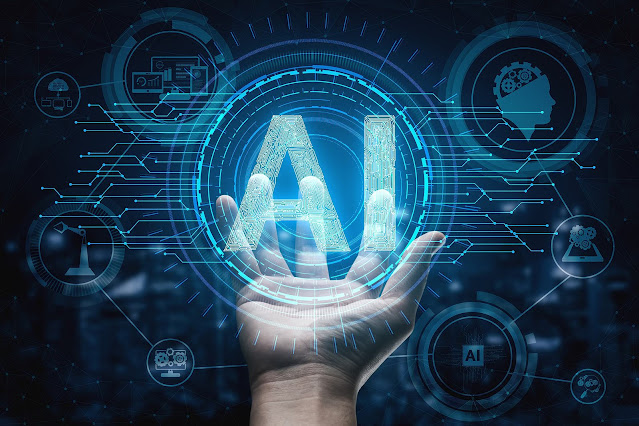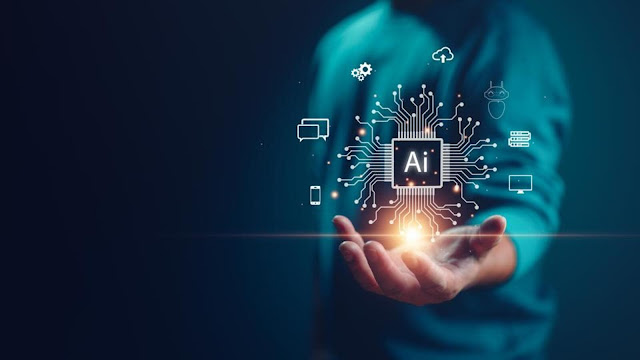Introduction:
In today's rapidly evolving world, technology has become an integral part of our lives. One of the most promising advancements in technology is Artificial Intelligence (AI). AI has the potential to revolutionize various industries, including education. As a Science Tutor, I am excited to explore the role of AI in enhancing the learning experience for students. In this blog post, we will delve into the benefits and applications of AI in education, specifically focusing on its impact on science education.
1. Personalized Learning:
AI-powered educational platforms can analyze students' learning patterns, strengths, and weaknesses to provide personalized learning experiences. By adapting the curriculum and content to individual students' needs, AI can help Science Tutors like me to cater to each student's unique learning style and pace. This personalized approach ensures that students receive the right level of challenge and support, leading to improved learning outcomes.
2. Intelligent Tutoring Systems:
AI can create intelligent tutoring systems that simulate one-on-one interactions between students and tutors. These systems can provide instant feedback, answer questions, and guide students through complex scientific concepts. As a Science Tutor, I can leverage AI-powered tutoring systems to enhance my teaching methods and provide students with a more interactive and engaging learning experience.
3. Virtual Laboratories:
Traditionally, conducting experiments in a physical laboratory can be time-consuming, expensive, and sometimes even dangerous. AI can address these challenges by creating virtual laboratories. These virtual environments allow students to perform experiments, make observations, and analyze data in a safe and cost-effective manner. As a Science Tutor, I can utilize virtual laboratories to supplement practical learning and provide students with hands-on experience, even in remote learning settings.
4. Intelligent Content Creation:
AI can assist Science Tutors in creating high-quality educational content. Natural Language Processing (NLP) algorithms can analyze vast amounts of scientific literature and generate concise and accurate summaries. This enables Science Tutors to access up-to-date information and create engaging lesson materials. Additionally, AI can automate the process of generating practice questions, quizzes, and assessments, saving time and effort for both tutors and students.
5. Data Analysis and Predictive Analytics:
AI can analyze large datasets to identify patterns and trends in students' learning behaviors. By analyzing this data, Science Tutors can gain valuable insights into students' progress, identify areas of improvement, and tailor their teaching strategies accordingly. Predictive analytics can also help Science Tutors anticipate students' needs and provide timely interventions to ensure their success.
Conclusion:
As a Science Tutor, I am excited about the potential of AI to transform the education landscape. AI-powered tools and platforms can enhance personalized learning, provide intelligent tutoring, create virtual laboratories, assist in content creation, and enable data-driven decision-making. By embracing AI, Science Tutors can create a more engaging, effective, and inclusive learning environment for students. Let us embrace the power of AI and unlock the full potential of science education.












0 Comments
Please share your opinions and suggestions with us.